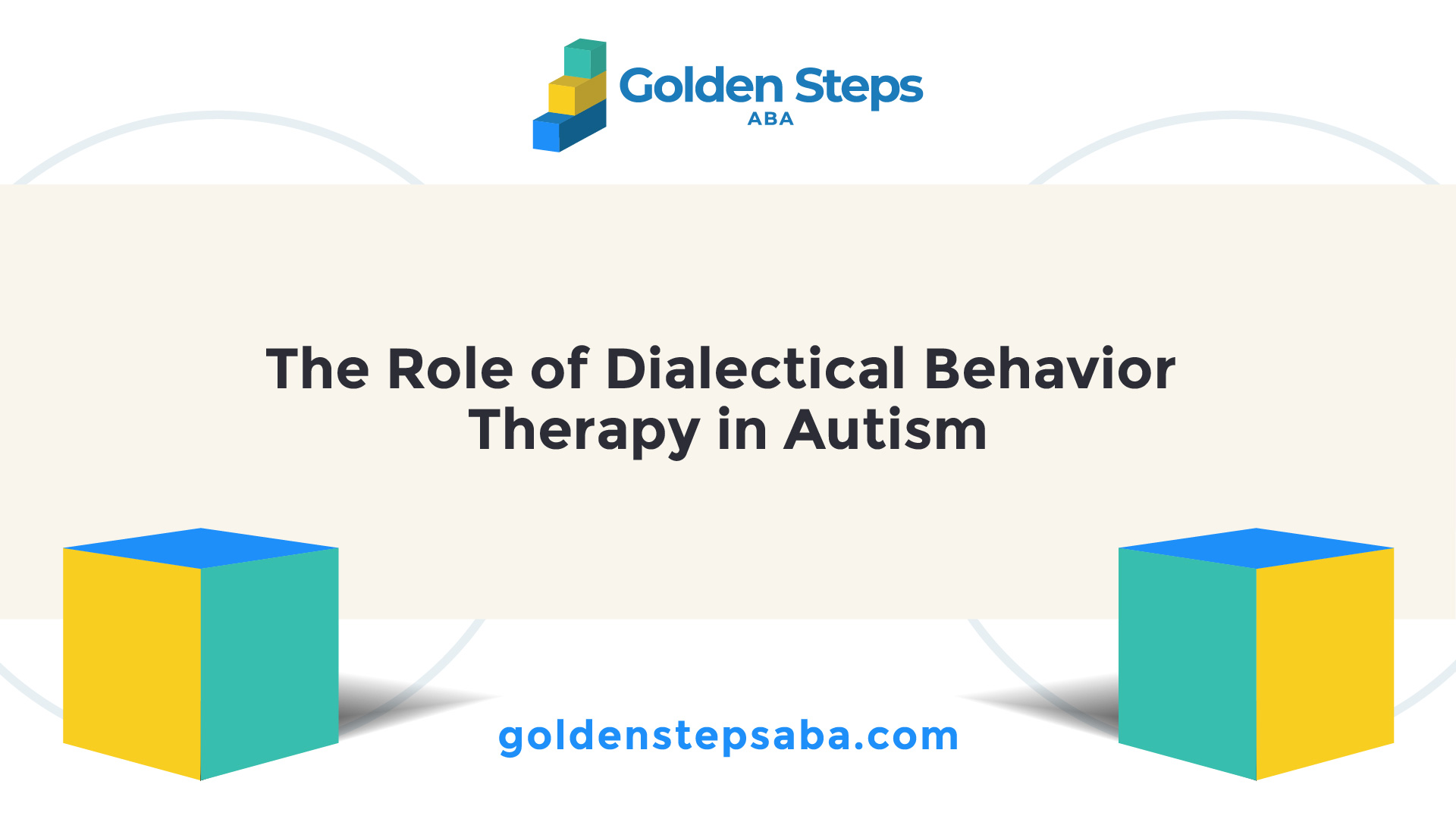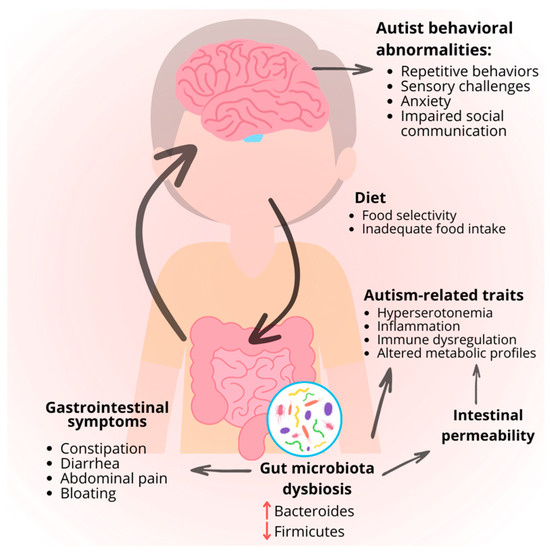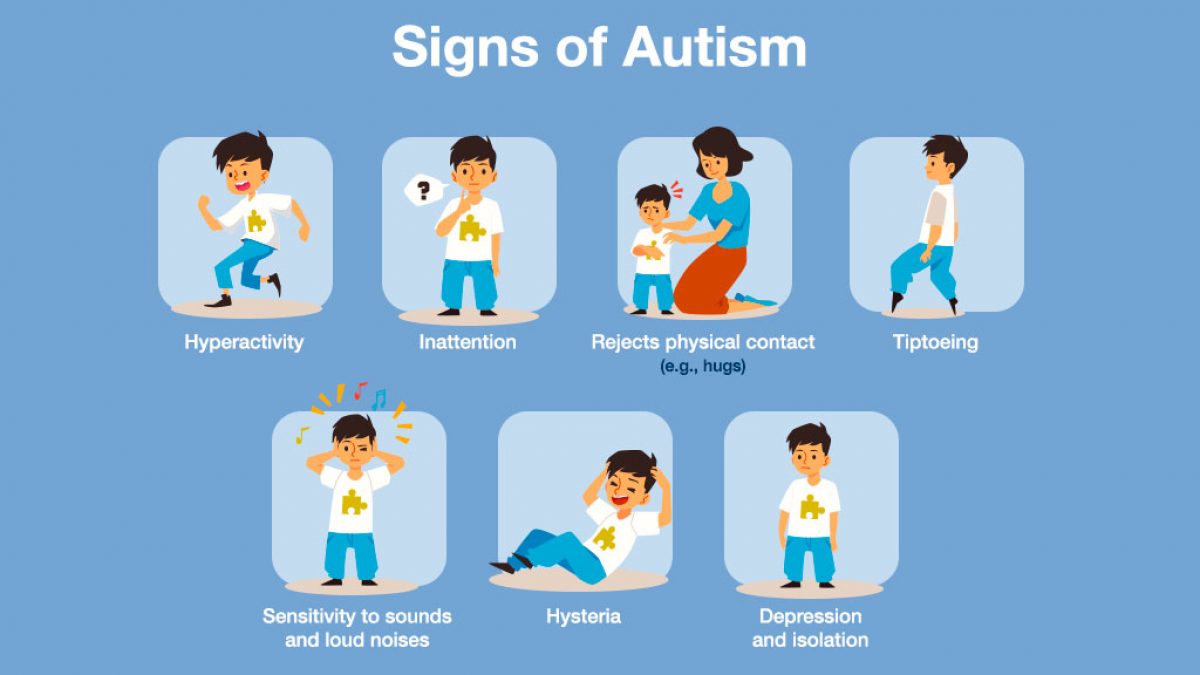Understanding the Influence of Behavioral Autism on Life and Social Interactions
You may not recognize exactly how deeply behavior autism affects everyday life and social communications. People on the range typically navigate a world filled up with communication hurdles and sensory overload. These difficulties can lead to irritation and seclusion, influencing their connections and general wellness.
Specifying Behavioral Autism and Its Characteristics
Behavioral autism, typically described as autism range condition (ASD), incorporates a series of conditions identified by obstacles in social communication, interaction, and repeated actions. You may see that people with ASD typically have a hard time to interpret social cues, which can result in misconceptions in conversations. They may discover it difficult to establish eye call or participate in small talk, making social scenarios feel frustrating.
Interaction troubles can materialize in various means, from delayed speech advancement to a choice for using fewer words. By recognizing these attributes, you can cultivate an environment that advertises approval and encourages effective interaction, aiding individuals with autism prosper in their day-to-day interactions.
The Spectrum of Autism: Comprehending Irregularity in Habits
Autism range disorder (ASD) isn't a one-size-fits-all medical diagnosis; it differs commonly among people. You may observe that some people with ASD show mild signs and symptoms, while others may encounter extra substantial obstacles. This variability can materialize in habits, rate of interests, and sensory sensitivities. You might run into people that are highly verbal and engage conveniently in conversations, while others could prefer solitary activities or communicate non-verbally.
Moreover, the way people with ASD reply to sensory input can differ substantially; some might be overwhelmed by loud noises or intense lights, whereas others prosper in promoting environments. The range likewise consists of differences in social communications; some individuals may have a hard time to interpret social cues, while others navigate social settings with family member ease. Understanding this irregularity is important, as it helps you appreciate each person's special experience and tailor support to their certain requirements, promoting a more inclusive setting for everyone.
Communication Obstacles Faced by Individuals With Autism
When you engage with people on the autism range, you may see their unique interaction obstacles. They often face difficulties with both nonverbal and spoken signs, which can influence their social communications. Recognizing these obstacles is necessary for promoting far better connections and support.

Verbal Interaction Problems
Many people on the autism spectrum experience verbal communication troubles that can significantly affect their day-to-day interactions. You might locate it testing to share your thoughts, feelings, or requires plainly. This can lead to disappointment for both you and those around you, as misconceptions happen. You might fight with starting discussions, preserving a topic, or comprehending nuances in speech. Usually, you may like utilizing straightforward language or repetitive expressions, which can restrict your capability to participate in deeper discussions. Your tone, pace, or quantity might not align with social assumptions, creating others to misinterpret your intents. Identifying these challenges can assist you and your support network develop strategies to improve communication and foster better links with others in your every day life.
Nonverbal Interaction Barriers
Verbal interaction isn't the only obstacle individuals on the autism spectrum face; nonverbal communication barriers can be simply as substantial. You might find it difficult to analyze body language, facial expressions, and eye call, which are essential for effective communication. These difficulties can cause misconceptions or misinterpretations of social signs, making interactions really feel overwhelming or complicated. You may battle to express your very own emotions via nonverbal ways, leaving others uncertain of your intentions or sensations. This disconnect can produce feelings of isolation and stress. Acknowledging these obstacles is vital for cultivating understanding and compassion in your interactions. By dealing with nonverbal interaction, you can discover approaches to boost your social experiences and enhance your general top quality of life.
Social Communication Effects
Social interactions can typically really feel overwhelming due to the distinct interaction difficulties dealt with by people with autism. Acknowledging these obstacles can aid you find techniques to improve interaction, such as practicing social abilities in safe settings or using visual help. Comprehending your demands enables you to browse social interactions with better self-confidence and ease.
Social Communication and Relationship Building in Autism
While building relationships can be testing for people with autism, comprehending their unique perspectives and interaction styles can promote meaningful links. You may notice that lots of individuals on the spectrum choose straight communication and may battle with social hints or little talk. By being simple in your communications, you can help produce an atmosphere where they feel comfortable.
Engaging in shared interests can additionally serve as a bridge to much deeper links. Whether it's a pastime, a favored program, or a common passion, these common strings can open doors to relationship.
Daily Life Regimen: Browsing Strategies and challenges
Steering everyday life regimens can be especially testing for people with autism, particularly when unforeseen adjustments take place. To navigate these difficulties, think about applying aesthetic schedules or checklists.
Developing a regimen that consists of sensory breaks can likewise be beneficial. This assists produce an understanding atmosphere.
Last but not least, practice mindfulness techniques to handle anxiety and anxiety. Straightforward breathing workouts or basing strategies can make a considerable difference. By including these approaches, you can boost your daily regimen and minimize disturbances, making life feel more workable.
Staminas and Abilities of People on the Autism Spectrum
Understanding everyday life routines is just one element of the autism experience. Lots of people on the autism spectrum possess exceptional toughness and capabilities that set them apart.
In addition, your memory abilities commonly shine, particularly in locations of interest. Autism Spectrum Therapies. This knack for retaining details can make you a beneficial source in areas like science, modern technology, or art. You might likewise exhibit solid aesthetic click over here reasoning, allowing you to envision complex principles and solve problems artistically
Furthermore, your distinct perspective on the globe can cultivate compassion and understanding in others, enriching social communications. Accepting these strengths not only improves your self-confidence yet also helps others appreciate the diverse abilities you bring to the table.
Producing Comprehensive Atmospheres for Individuals With Autism
Developing comprehensive environments for people with autism begins with designing sensory-friendly rooms that satisfy their distinct demands. You can likewise foster opportunities for social communication, helping to develop relationships and connections. By making these changes, you'll add to a more welcoming ambience for every person.
Designing Sensory-Friendly Spaces
While creating sensory-friendly areas, it's crucial to reflect on the one-of-a-kind requirements of individuals with autism. Integrate silent areas you can find out more where people can charge and retreat when overwhelmed. Consist of visual routines or clear signage to help individuals browse the room confidently.
Promoting Social Communication Opportunities
Designing sensory-friendly areas not just addresses specific convenience yet additionally establishes the phase for purposeful social communications among individuals with autism. To advertise these interactions, create comprehensive environments that welcome involvement. Organize organized tasks, like art classes or group video games, that urge collaboration without overwhelming sensory input. Use visual help and clear interaction to assist everyone engage easily. Urge peer mentoring, combining individuals with autism with encouraging peers that can guide them with social circumstances. Additionally, think about hosting routine neighborhood events that commemorate neurodiversity, cultivating acceptance and understanding among all participants. By carrying out these strategies, you can improve social possibilities, aiding people with autism develop relationships and reinforce their social skills in a risk-free, welcoming environment.

Frequently Asked Inquiries
How Can Buddies Assistance Somebody With Behavioral Autism?
You can support a pal with behavior autism by being patient, listening proactively, and appreciating their boundaries. Involve in activities they take pleasure in, interact freely, and develop a comfortable environment where they feel valued and comprehended.
What Resources Are Offered for Parents of Children With Autism?
You can discover numerous sources for moms and dads of youngsters with autism, consisting of support system, instructional internet sites, and neighborhood neighborhood services. Attaching with other parents can also provide valuable insights and shared experiences to assist browse difficulties.
Can Behavioral Autism Change With Time?

Yes, behavior autism can alter with time. You might discover changes in communication, social abilities, and habits as your youngster grows. Early treatment and support commonly play essential roles in these developing adjustments.
How Do Sensory Level Of Sensitivities Impact Daily Life?
Sensory level of sensitivities can make daily experiences frustrating. You could battle with loud noises or intense lights, leading to stress and anxiety or evasion. Finding atmospheres that suit your requirements can greatly improve your convenience and overall every day life.
What Are Typical Misconceptions Regarding Behavioral Autism?
You might believe behavioral autism only impacts communication abilities, but it's more complex. Numerous think people lack compassion or intelligence, which isn't true. Comprehending these misconceptions assists foster approval and support for those on the spectrum.
Behavioral autism, frequently referred to as autism spectrum problem (ASD), includes an array of conditions identified by difficulties in social communication, interaction, and recurring behaviors.Social communications can her response commonly really feel overwhelming due to the distinct communication difficulties faced by people with autism.Creating sensory-friendly areas not only addresses private comfort but also sets the stage for significant social interactions amongst people with autism. Motivate peer mentoring, combining individuals with autism with helpful peers who can assist them via social scenarios. By executing these approaches, you can enhance social possibilities, helping individuals with autism construct relationships and reinforce their social skills in a safe, welcoming setting.